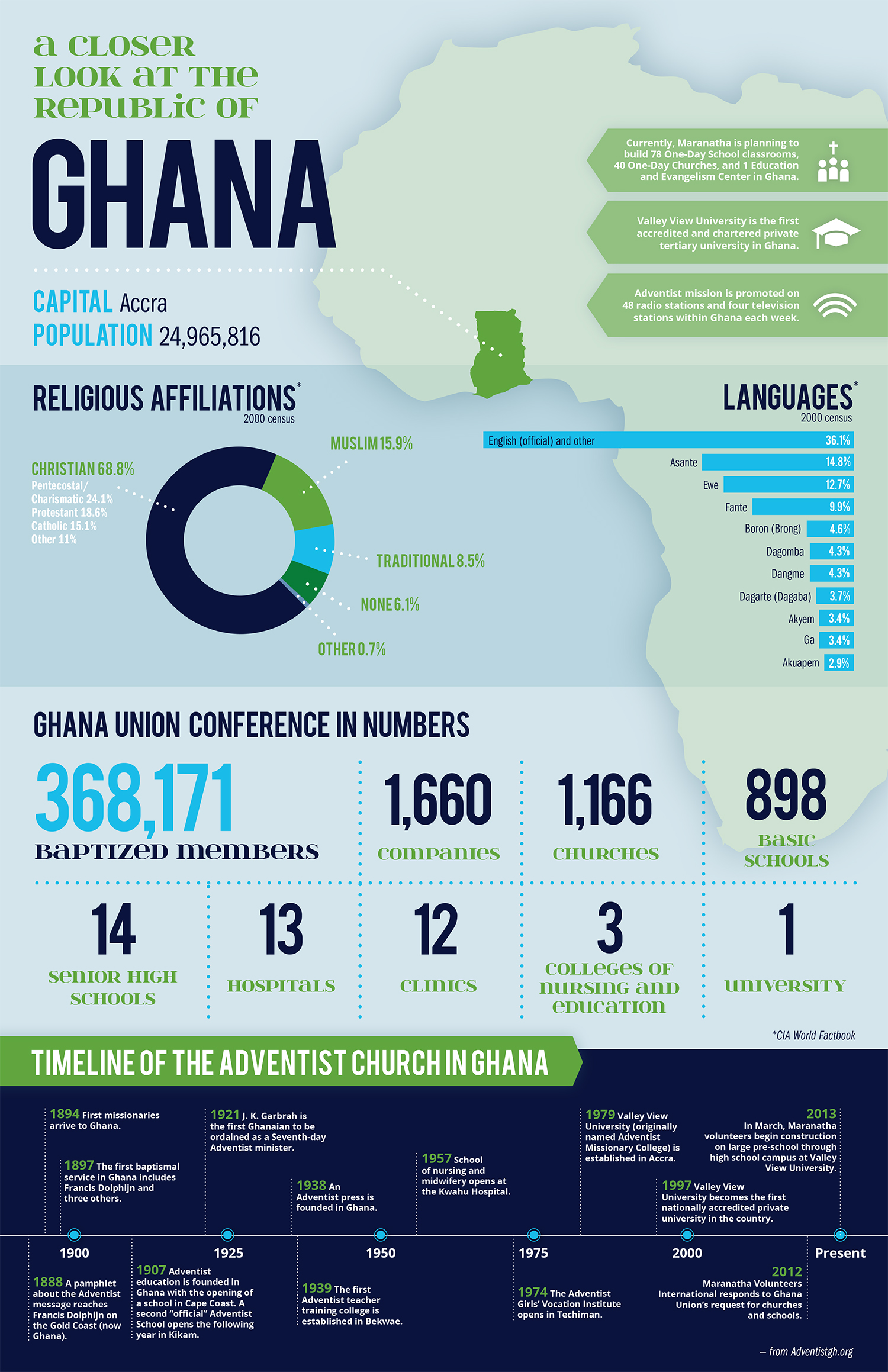Analyze The Fascinating Journey Of Catholic Colleges And Their Significant Payment To Education-- Could Their Traditions Be Essential For Future Learning?
Analyze The Fascinating Journey Of Catholic Colleges And Their Significant Payment To Education-- Could Their Traditions Be Essential For Future Learning?
Blog Article
Staff Author-copyright Galloway
When you consider the background of education and learning, Catholic colleges stand apart for their deep-rooted practices and long-term impact. https://squareblogs.net/carmela14zachery/the-impact-of-catholic-education-on-character-and-academic-achievement began as a way to impart faith and values, yet they've adapted remarkably over centuries. Today, they play a vital role in shaping not simply scholastic success but additionally moral integrity. What's fascinating is how they've taken care of to grow in the middle of transforming social landscapes, raising questions regarding their future relevance and impact.
The Origins of Catholic Education And Learning: A Historical Viewpoint
Catholic education traces its roots back over 1,500 years, when very early Christian neighborhoods identified the need for organized knowing. You'll find that these areas intended to pass on their belief and values through education.
Monasteries and cathedral colleges became facilities of learning, supporting both spiritual and intellectual development. As you dive deeper, you'll see that the curriculum usually included philosophy, theology, and the liberal arts, made to develop well-rounded individuals.
Over time, the Church established a lot more formal institutions, guaranteeing that education stayed easily accessible to all. The commitment to teaching moral values and promoting a sense of area has actually persisted through the centuries, shaping the academic landscape and affecting many lives worldwide.
This enduring heritage continues to inspire Catholic education today.
The Development of Catholic Institutions With Social Contexts
As cultures developed, so did the duty of Catholic institutions, adapting to the social contexts in which they existed. In the very early years, these establishments concentrated mostly on religious direction, yet as areas expanded, they started to incorporate neighborhood languages, custom-mades, and instructional needs.
You 'd discover that Catholic schools commonly ended up being facilities for social communication, cultivating a feeling of belonging among students from various histories. In several regions, they resolved social problems, such as hardship and discrimination, by giving obtainable education and learning for all.
As you discover different societies, you'll see just how Catholic institutions have actually changed their curricula and teaching methods, mirroring the worths and obstacles of their environments while remaining true to their fundamental goal of belief and scholastic quality.
The Modern Role and Effect of Catholic Schools in Culture
In today's world, Catholic institutions play a vital function in shaping not simply the educational landscape, yet also the broader community.
You'll discover that these institutions stress worths like regard, compassion, and social justice, promoting all-around individuals that contribute favorably to culture. By concentrating on scholastic quality and ethical advancement, Catholic colleges prepare trainees for future challenges, supporting critical reasoning and leadership abilities.
https://www.history.com/news/halloween-samhain-celts-catholic-church offer varied populations, bridging spaces in access to quality education. Additionally, you may discover their commitment to service, encouraging pupils to engage in community outreach and volunteer work.
This blend of education and learning and moral support makes Catholic colleges a considerable force, growing responsible residents who can influence their areas for the better.
Final thought
Finally, Catholic institutions have an abundant history that's formed their long-lasting influence on society. You have actually seen how they've adjusted to numerous cultural contexts while keeping a dedication to confidence, worths, and academic excellence. Today, they continue to play an important function in cultivating community, advertising social justice, and nurturing liable people. As you reflect on their heritage, it's clear that Catholic institutions stay a powerful pressure for favorable change on the planet.
